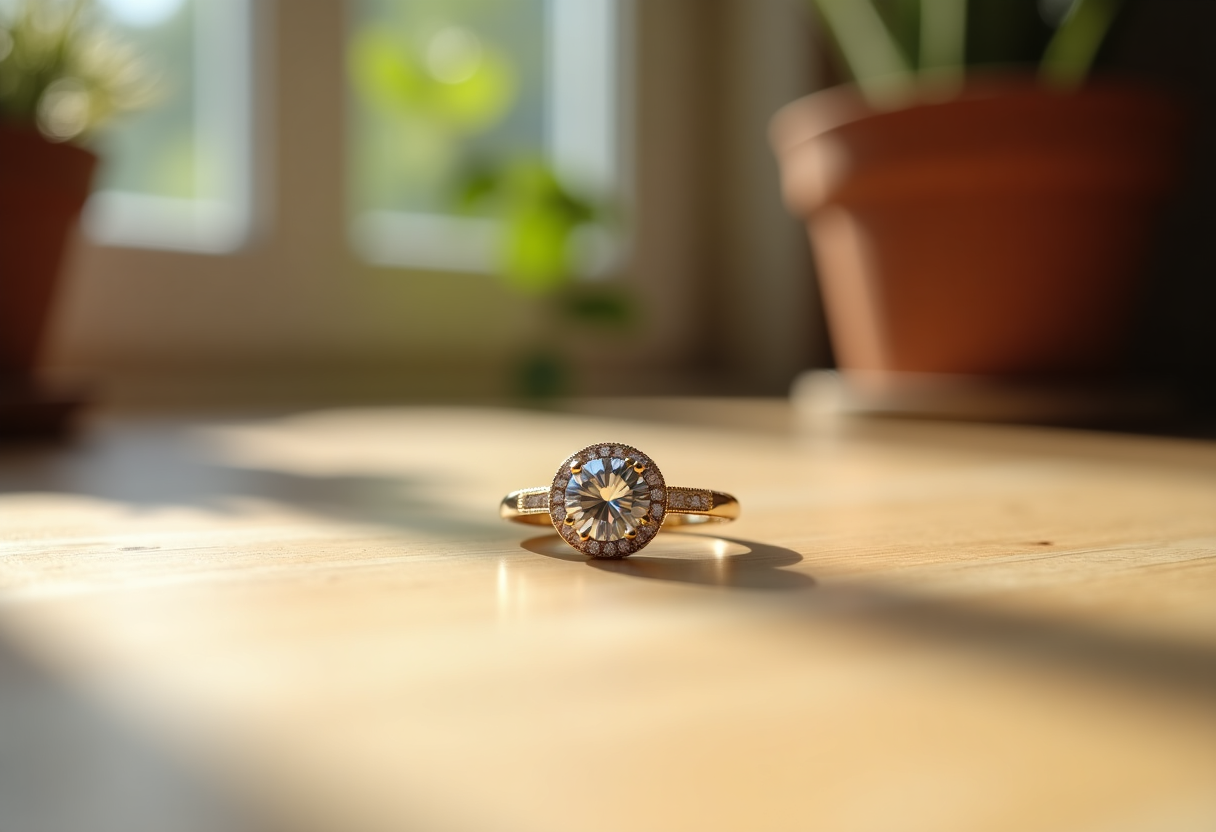Table of Contents
Understanding the New Ruling
The Massachusetts Supreme Judicial Court has recently made headlines by ruling that engagement rings must be returned to the person who originally purchased them, regardless of who is deemed at fault for the broken engagement. This decision overturns a long-standing state rule that required judges to determine fault in relationship breakdowns.
The case at the center of this ruling involved a $70,000 engagement ring, sparking discussions about the implications for future engagements and relationships.
What Led to the Court’s Decision?
The case involved Bruce Johnson and Caroline Settino, who became engaged in 2017.
Johnson proposed with a lavish diamond ring, but their relationship soured, leading to a contentious breakup. Johnson discovered troubling messages on Settino’s phone, which ultimately led him to call off the engagement. The legal battle that ensued over the ring’s ownership highlighted the complexities of engagement gifts and the emotional weight they carry.
The court’s ruling reflects a shift towards a more straightforward approach to ownership rights, moving away from the blame game that has historically complicated such disputes.
The Broader Implications for Engagement Rings
This ruling is significant not just for Johnson and Settino, but for couples across Massachusetts and potentially beyond.
By establishing that engagement rings are conditional gifts that must be returned if the wedding does not occur, the court is aligning with a growing trend in other jurisdictions. This decision may influence how couples view engagement rings, shifting the narrative from romantic symbols to legal assets that come with specific ownership rights.
As relationships evolve, so too do the legal frameworks that govern them, making it crucial for couples to understand the implications of their engagements.




